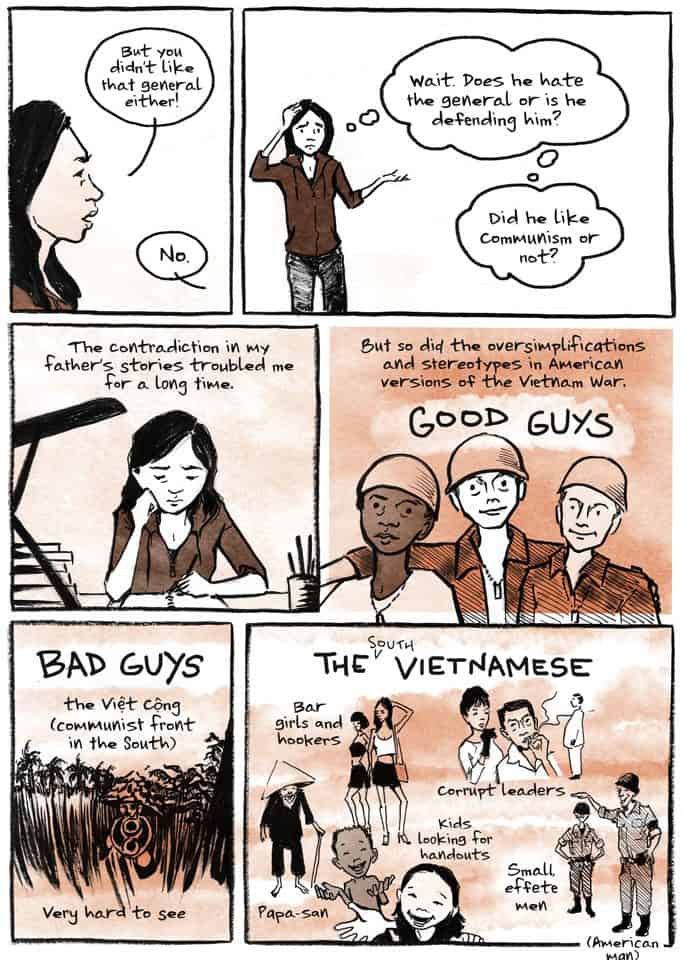

A moment later, there she is: a little girl diving deep beneath the waves in the coastal town of Nha Trang surrounded by friends on the lawn of a French lycée a bright-eyed, ambitious college student meeting Bui’s father, Nam, for the first time. Bui and her mother, Hằng sit at a kitchen table in Berkeley, California, as Hằng recounts her past in Việt Nam. The Best We Could Do slips seamlessly between perspectives, voices, and even decades. Life with her new child, rife with potential and uncertainty, catalyzes a realization that family was “now something I have created -and not just something I was born into.” Thus, Bui returns to her parents’ histories: this time not just as their child, but as a parent herself. The memoir opens with the birth of Bui’s son, an event that shifts the project from a historical reconstruction to a book about parents and children. “And then, I didn't really want to write a memoir the oral history needed a protagonist to lead you through the story and I had to volunteer myself.” “I was inspired by some of the big graphic memoirs like Maus by Art Spiegelman and Persepolis by Marjane Satrapi,” shared Bui with The Mary Sue. "I was trying to understand the forces that caused my family, in the late seventies, to flee one country and start over in another.”ĭissatisfied with the limits of oral history, Bui turned towards other genres -hunting for a way to weave the personal, political, and historical. “I was a graduate student and took a detour from my art education training to get lost in the world of oral history,” writes Bui in the book’s preface. Writes Viet Thanh Nguyen, Pulitzer Prize winner and board member: “A book to break your heart and heal it.”īefore it would become a bestseller, before it had a title, before the first comic was drawn, Thi Bui’s The Best We Could Do was a project of reconstruction: an attempt to bring together generations of family stories. “Narratively intricate, intellectually fastidious, and visually stunning” ( Vulture). “A stunning work of reconstructed family and world history” ( Booklist Online). “This memoir feels not just created but also deeply lived” ( The Washington Post). Bui documents parental sacrifice, excavates family histories, and grapples with the inherited struggles of displacement and diaspora.

An American Book Award winner, a National Book Critics Circle finalist in autobiography, and an Eisner Award finalist in reality-based comics, Bui’s memoir traces her family’s daring escape after the fall of South Việt Nam in the 1970s and their effort to build new lives for themselves in America. Twelve years later, the debut graphic memoir would be released to widespread acclaim from critics and literary heavyweights alike. Before she began to work on The Best We Could Do in 2005, Thi Bui had never drawn a comic in her life.


 0 kommentar(er)
0 kommentar(er)
